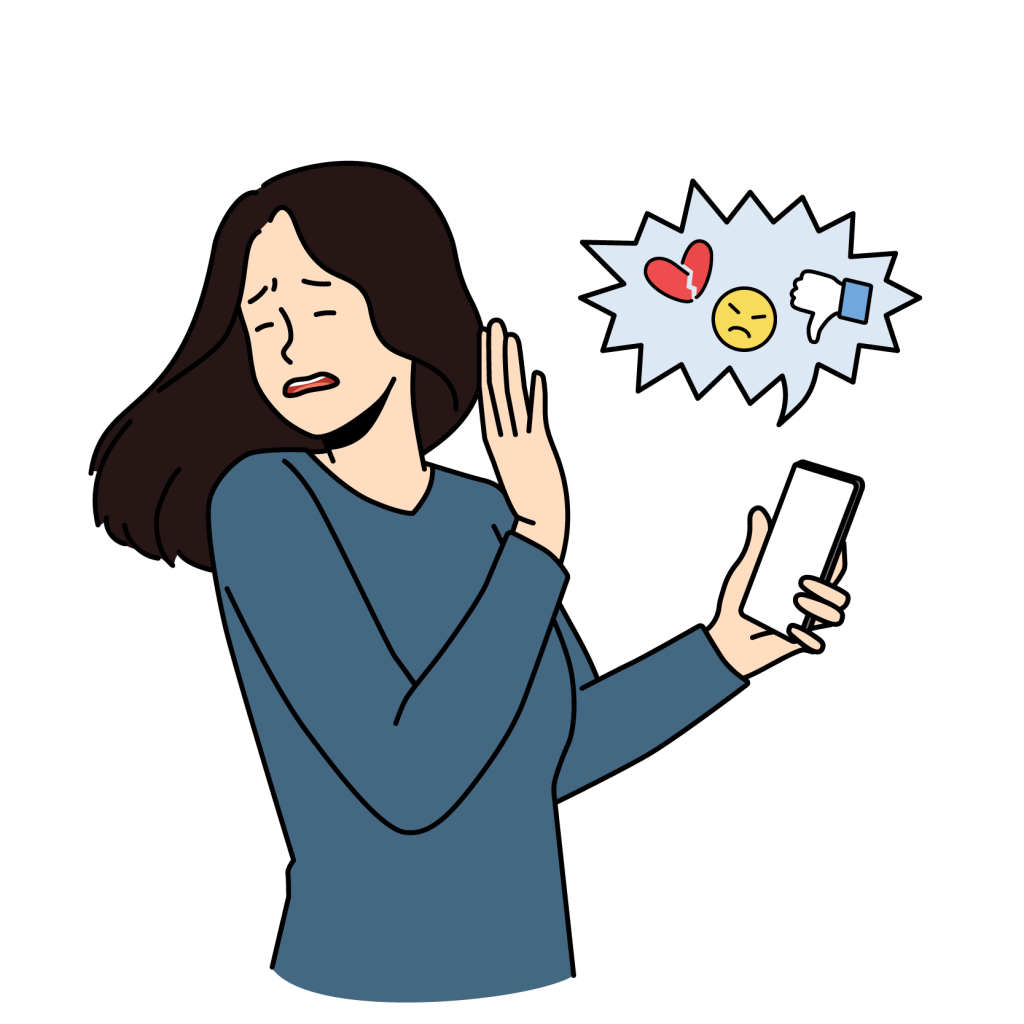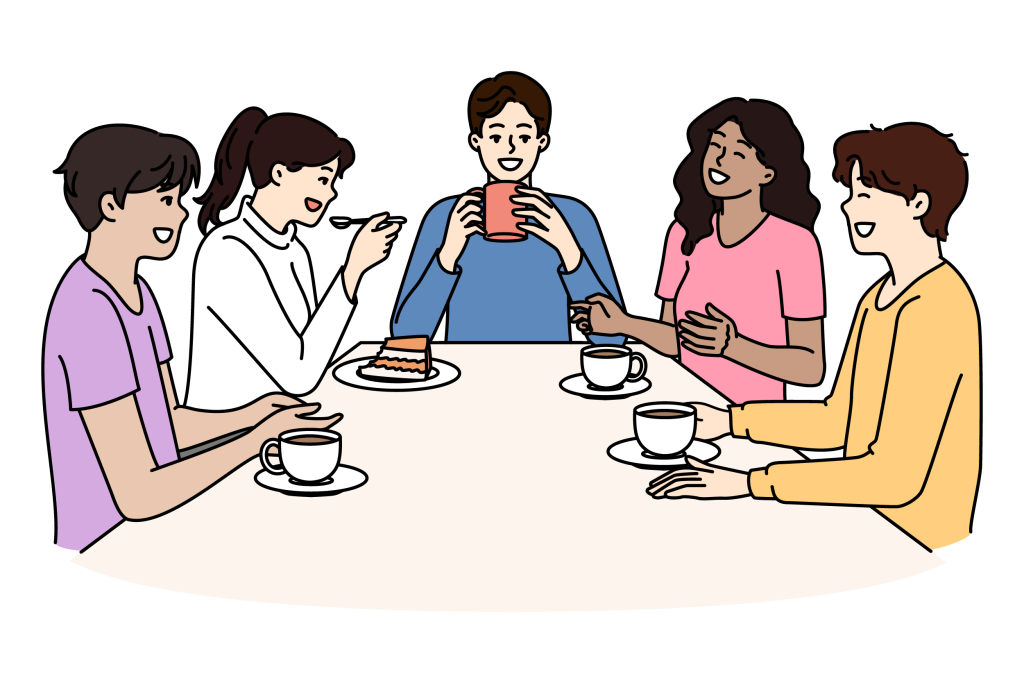Do you remember the time when the word ‘loneliness’ was something we hardly came across? Back then it felt distant, like it belonged to a different generation or a rare circumstance. It wasn’t something people talked about so much. But today, loneliness feels like a much more familiar word. We often hear it in podcasts, memes, reels, or from friends. It shows up casually on our phones, but behind the humour and satire, it has a deeper, more uncomfortable reality.
With the rise of the digital age, social media, remote work, loneliness has become increasingly common. Ironically, the more “connected” we are through screens, the more disconnected many of us feel in real life.
We’ve never been more digitally connected and yet we’ve never been so lonely together.

How does the digital world contribute to loneliness?
1. Shallow connections
Most of the digital connections are superficial. We exchange likes, memes, or short replies, but rarely go beyond that. Meaningful conversations take time and effort that don’t always fit into fast-paced digital life.
2. Comparison culture
Social media often becomes a highlight reel of others’ lives. Scrolling through perfect life events can leave you feeling behind.
You may be surrounded by content, but you end up feeling lonely thinking that everyone else has it together, and you’re the odd one out. This contributes to internalised loneliness.
3. Digital overload
From morning notifications to late-night scrolling, our attention is constantly on the edge. When we’re always online, we tend to forget how to be present.
Simple joys like sitting in silence or having unhurried conversations are replaced by content consumption. Over time, this rewires our brains to seek distraction instead of connection.
4. Replaced mode of interaction
We now text instead of call, we react instead of respond. We opt for video calls over a meet-up. While digital comfort is great, over dependence on it makes us less emotionally available and less socially active.
Effects on mental health
1 in 6 people are affected by loneliness, and many suffer in silence.1 This is a concerning number and is difficult to ignore. Loneliness is actually not about being alone but about feeling alone even when you’re surrounded by others. The digital age, with its constant stream of variety of content and “connectedness,” often masks that deep emotional void with the help of distraction.
Scrolling endlessly through curated photos and opinions can make you feel like you’re falling behind, or worse, invisible. This triggers the feelings of inadequacy, self-doubt, stress and in many cases, anxiety or depression. Humans were not wired to take in so much information about other people’s lives, and instant dopamine firings.

So what can we do?
It starts with awareness. Just like we track calories or our daily steps, we need to start tracking how much of our day is spent in real connection vs digital consumption.
Be mindful about social media
Instead of using platforms as a habit ask yourself, How does this make me feel? If certain accounts are making you anxious or drained, it might be time to unfollow them. Follow accounts that uplift you, that make you think, that don’t showcase a filtered life.
Digital detox
We have all heard of digital detox but have you tried it for real? It doesn’t have to mean disappearing for weeks. It can simply mean turning off notifications, keeping your phone away during meals, or walking without headphones once in a while. It’s about giving your mind a break from constant distraction. Engaging with people, with nature, and with our own thoughts can help. Yes, it might feel weird at first but it’s worth it.
Real connection
In an age where having thousands of followers is seen as success, we forget the value of deep connections. The people who check in on you, who know when you’re not okay, who show up, those are the ones that matter.
Join a group
If remote work or digital life has shrunk your social circle, that’s okay. Start small. Join a hobby class, volunteer, or community group. Human connection doesn’t have to be big, just kind.
Bottom line
Using digital technology is not a bad thing, in fact, it has made our lives easier in so many ways. But it’s really, really important to create boundaries. It’s high time we acknowledge how much it’s affecting our mental health, sometimes in ways we don’t even realise.
We need to be more conscious about how we spend our time online, how we engage with others, and how we take care of our mental health.
Loneliness can feel overwhelming, but it’s not unbeatable. If we all make small efforts, we can create a world where people feel seen, heard, and valued. Let’s build that space together.
Saksham can be your mental wellness companion, it can help you track your mental health, explore government-supported services, access helpline numbers, and discover self-help resources.
Reference:
World Health Organization (WHO). From loneliness to social connection. Available online at URL https://www.who.int/publications/m/item/from-loneliness-to-social-connection-summary as accessed on 24th July, 2025.